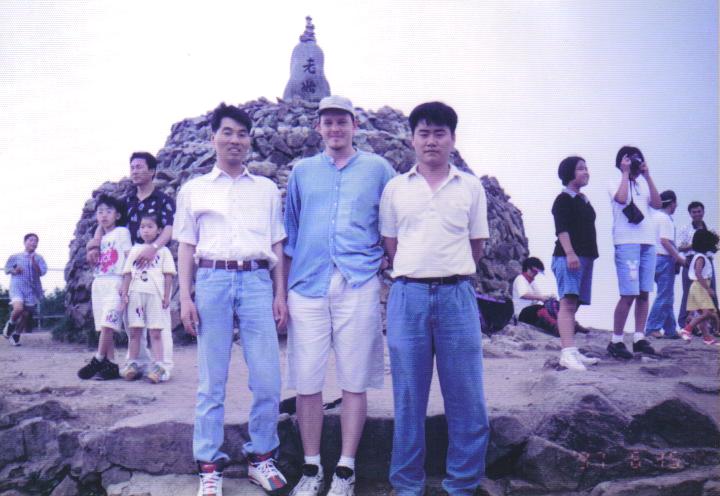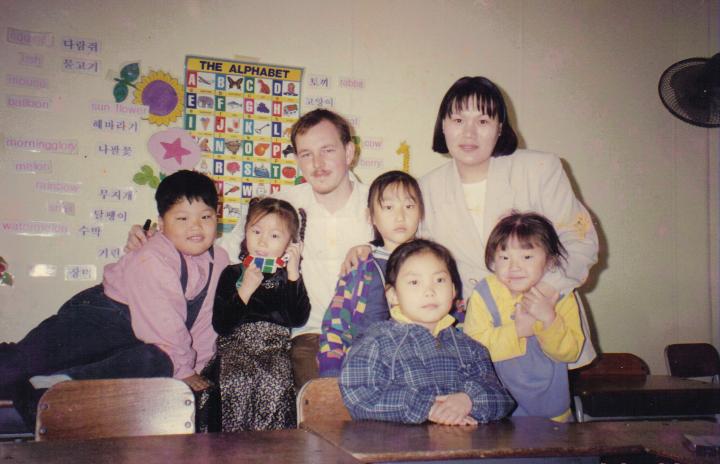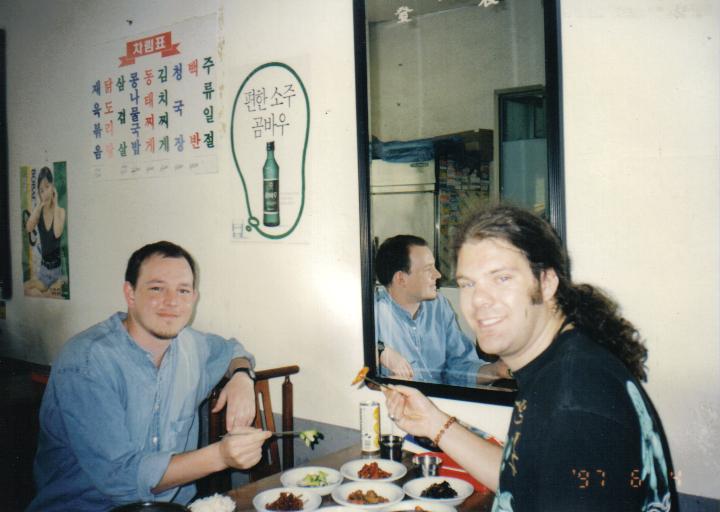Saturday, 5 July 1997
Any person can justify taking over political power by force and become a tyrant. Any person can also justify eliminating this tyrant. Any tyrant can justify strengthening his position with any means at his disposal.
A criminal can justify committing criminal acts. Agents of Law and Order can justify hunting criminals as they would a rabid dog to remove him or her from society. The criminal can, of course, justify protecting his freedom against the Agents of Law and Order with all means at his disposal. And the Agents of Law and Order can justify maintaining law and order with all means at their disposal for the sake of Common Good.
Agents of Revolution can justify revolting against (current) Law and Order. And any number of individuals can justify – to others and to themselves – supporting the uprising.
One can therefore say that it wasn’t exceptional for Agents of Apartheid to justify trying to maintain Apartheid by using all means available to them, and it was entirely reasonable for the Agents of the Struggle for Human Rights to justify their fight against Apartheid by all means at their disposal.
Agents of the (current) Order, therefore, find it justifiable to protect the Order against the Agents of Revolution; Agents of Revolution also regard it as justifiable to fight the order with all means at their disposal.
Question: On what do people and groups base the justification for their actions?
Preliminary considerations: Survival of the fittest … common good … anything else?
No person, institution or organisation can take for granted that it is the strongest. Any person, institution, or organisation can justify challenging with all means and methods at their disposal a stronger person, institution or organisation in an attempt to improve its own position.
One Person can therefore justify challenging Other Person if the former believes he can overcome his opponent; and if he overcomes him, that he will be able to defend his new position.
If One Person takes on Other Person in a fight and loses, the latter can justify wiping out with ruthless brutality One Person and even others who think like him. Would it be fair according to the Law of the Jungle, of Beat to Death or Get Beaten to Death? It seems so.
Is the Law of the Jungle morally justifiable? What is the benchmark?
Where, at the end of the day, do you stand as an individual? How do you work out on which side of the line you position yourself?
______________________





